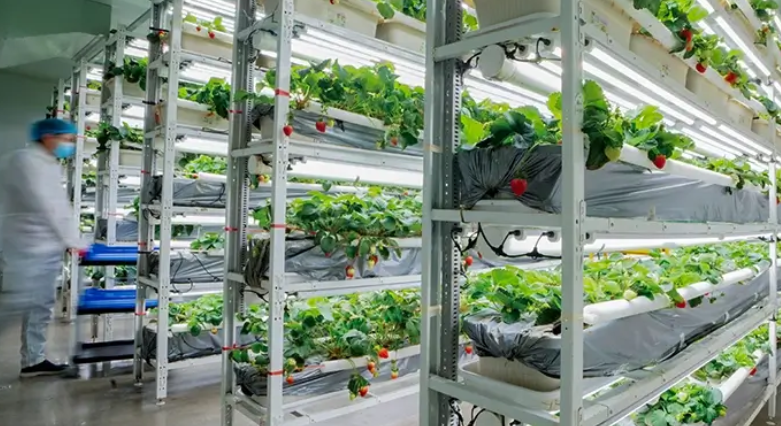Vertical farming has emerged as a promising approach for cities looking to optimize food production. By utilizing multi-layered growing systems and controlled environments, farming solutions allow for efficient crop cultivation in areas where traditional farmland is limited. This method not only saves space but also enables urban centers to reduce transportation costs and provide fresh produce year-round. Many regions in Europe, North America, and the Middle East are increasingly exploring vertical farming to meet rising demand for sustainable and locally sourced food. Moreover, urban vertical farms can support community engagement and education by demonstrating innovative agricultural practices within city limits.
Optimizing Production Through Technology
One of the primary advantages of vertical farming lies in its technological integration. Advanced lighting systems, such as LED plant lights, along with hydroponic nutrient delivery and AI-driven environmental monitoring, help maintain optimal growth conditions. These farming solutions ensure consistent crop quality, improve yield predictability, and allow for precise management of water and nutrients. Automated systems also reduce labor requirements, making the process more efficient for experienced operators who seek scalable and reliable agricultural methods. In addition, these technologies allow operators to experiment with crop varieties and growth cycles, further enhancing production efficiency and adaptability to market demands.
Environmental and Economic Benefits
Vertical farming offers notable environmental and economic advantages. By producing crops in controlled indoor environments, it reduces the reliance on pesticides and minimizes water usage compared to conventional agriculture. Additionally, urban vertical farms can cut down on food miles, which lowers greenhouse gas emissions and contributes to sustainable urban development. Regions like Singapore and Australia are actively supporting initiatives that encourage indoor agriculture as part of broader environmental and food security policies. These farms also provide opportunities for urban businesses to access fresh, high-quality produce consistently, supporting local economies.
Conclusion
Companies like 4D Bios provide comprehensive farming solutions tailored for large-scale production and professional growers. They integrate vertical cultivation technologies with automated nutrient management, climate control, and LED lighting to ensure high uniformity and efficiency. Their systems are designed to enhance crop yield, standardize production, and meet the needs of experienced operators seeking advanced plant factory solutions. By combining technology, automation, and expertise, 4D Bios helps clients implement reliable vertical farming models across Europe, North America, the Middle East, and Asia, contributing to a more resilient and sustainable agricultural future. Their approach demonstrates that urban vertical farming can be both commercially viable and environmentally responsible when guided by professional systems and knowledge.
